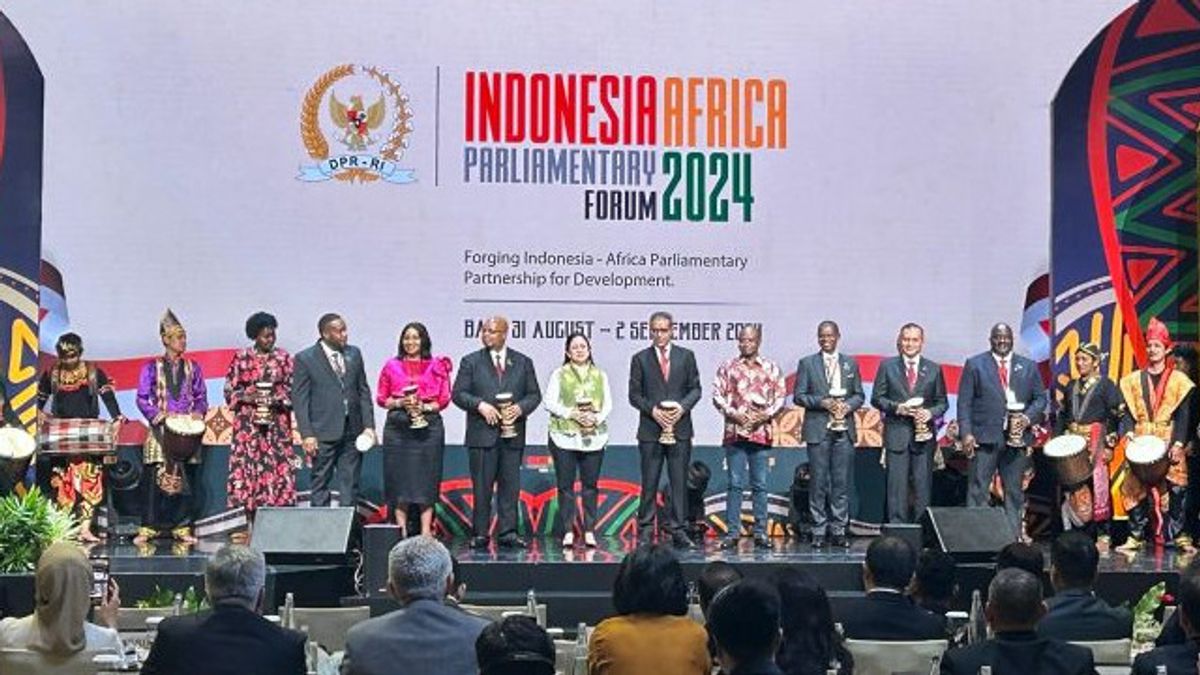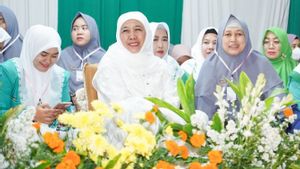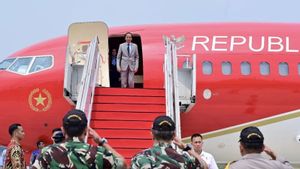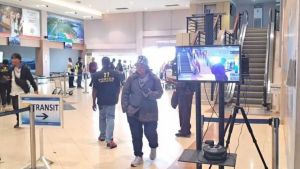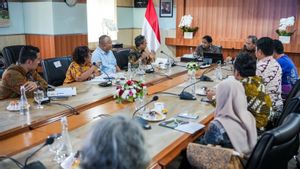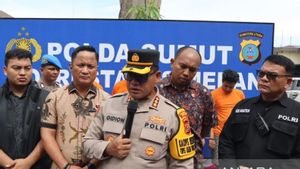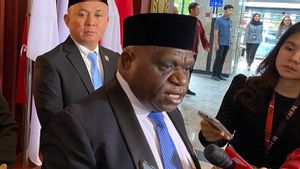JAKARTA - Director of International Development Cooperation of the Ministry of Foreign Affairs (Kemlu) Rina Setyawati said that parliament has a key role in supporting South-South and Trianglar (South-south and triangular) cooperation, including supporting the long-term vision of Indonesia Emas 2024 and the Agenda Africa 2063.
"Legal support is essential in creating an environment where international development cooperation can progress rapidly," said Rina Setyawati as quoted by ANTARA, Sunday, September 1.
He added that the key role of the people's representatives is in the legislative support in establishing legal products and policies that facilitate and encourage international development cooperation in a number of sectors.
Then, in budget supervision to ensure resources, especially the budget allocated, it is sufficient for development cooperation initiatives to create transparency and accountability.
Furthermore, he continued, parliament plays a key role in diplomacy, namely promoting and advocates so that stronger cooperation with partners in both bilateral and multilateral forums.
Not only that, but parliament also plays a role in supervision and evaluation, especially in maintaining project implementation for cooperation, then ensuring that the project is in line with development goals and provides tangible benefits.
Rina added that Indonesia has played a role in triangular South-south cooperation and international development cooperation since the last few years, including more than 1,000 programs that include training, workshops, sending experts, scholarships and other technical assistance.
The sectors carried out in the cooperation are agriculture, marine and fisheries, energy, democracy and governance, MSMEs, health, infrastructure, disaster risk management to women's empowerment.
There were as many as 13 thousand participants involved in the program as beneficiaries in 150 countries, 44 of whom came from the African region.
Meanwhile, from two programs, namely Indonesia Gold 2045 and the Africa Agenda 2063, there are five priority programs that will start in 2024 to 2029, namely energy and minerals, health, agriculture, education and community development and social society.
"But we believe that the sector is not limited to only five sectors, but we can also expand it regarding the needs of African countries," he said.
Meanwhile, the discussion session was part of the Indonesia-Africa Parliament Forum (IAPF) which was opened by the Chairman of the Indonesian House of Representatives, Puan Maharani, Sunday.
Puan emphasized the importance of the Indonesian-African parliament mapping out future cooperation for a number of fields that are of common interest, including supporting the 2063 Africa Agenda.
"This agenda is a blueprint for transforming Africa into the world's main strength in the future. Indonesia expresses its readiness to become an African partner, with Indonesia's potential to become the fourth largest economy in the world by 2050," he said.
SEE ALSO:
According to African, Development Bank, Africa is the second-highest growing continent in the world.
The African economy is also projected to grow positively by 3.7 percent in 2024 and 4.3 percent in 2025, which is in line with Indonesia's economic growth which is estimated at 5.3 percent in 2024 and 5.2 percent in 2025.
The chairman of the DPR RI assessed that there are several collaborations that can be carried out by Indonesia-Africa, including in the development of renewable energy, increasing food security, and building a digital economy.
The English, Chinese, Japanese, Arabic, and French versions are automatically generated by the AI. So there may still be inaccuracies in translating, please always see Indonesian as our main language. (system supported by DigitalSiber.id)
